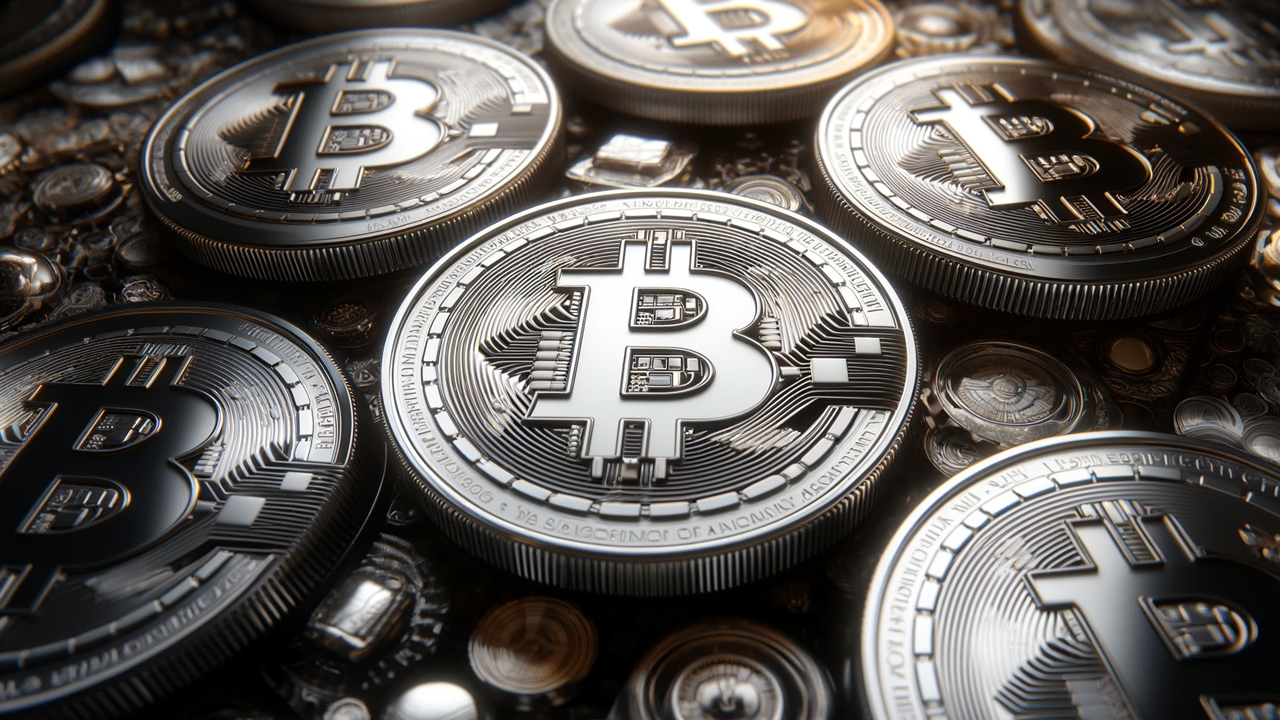[ad_1]
Key Takeaways
Coin Heart has responded to the U.S. Treasury’s “DeFi Illicit Finance Danger Evaluation” report.
The crypto advocacy group criticized the Treasury for assuming that every one DeFi protocols didn’t adjust to AML rules.
Nonetheless, it praised the report for acknowledging that DeFi introduced little danger of illicit exercise in comparison with the standard banking sector.
Share this text
The U.S. Treasury believes that DeFi protocols are de facto non-compliant with AML rules. Coin Heart issued a report difficult that notion.
Responding to the Treasury’s Claims
The U.S. Treasury Division issued a “DeFi Illicit Finance Danger Evaluation” report yesterday. The crypto business is now offering its response.
At present crypto advocacy group Coin Heart launched an evaluation of the Treasury’s report. The article, entitled “Treasury’s new DeFi danger evaluation depends on ill-fitting frameworks and makes probably unconstitutional suggestions,” claims that the Treasury’s stance tends to take as a given that every one decentralized finance protocols are non-compliant with anti-money laundering rules.
In line with Coin Heart, the largest downside with the Treasury’s report is that it assumes that each single DeFi venture is failing to adjust to the Financial institution Secrecy Act—no matter whether or not the protocol is definitely obligated to conform. Coin Heart argued that the federal government, as a substitute of lumping all DeFi protocols collectively, ought to start differentiating initiatives by the companies they supply. For instance, a protocol that allows commodities derivatives buying and selling and a protocol that allows the transmission of currencies ought to adjust to completely different AML rules.
Coin Heart additionally criticized the report for repeatedly demeaning the notion of “non-custodial” protocols, which might exempt DeFi builders from needing to adjust to BSA rules. The report “leaves the reader to suspect that these individuals have discovered some insidiously intelligent loophole slightly than merely gone and exercised constitutional rights to publish modern analysis and software program,” claimed the advocacy group.
However, Coin Heart praised the report for acknowledging that almost all of illicit finance isn’t carried out by utilizing DeFi protocols, however by means of the standard banking sector. For instance, non-compliant worldwide centralized crypto exchanges—comparable to FTX—have been proven to current a lot greater cash laundering dangers.
Disclosure: On the time of writing, the creator of this piece owned BTC, ETH, and several other different crypto belongings.
Share this text
The data on or accessed by means of this web site is obtained from impartial sources we imagine to be correct and dependable, however Decentral Media, Inc. makes no illustration or guarantee as to the timeliness, completeness, or accuracy of any data on or accessed by means of this web site. Decentral Media, Inc. just isn’t an funding advisor. We don’t give customized funding recommendation or different monetary recommendation. The data on this web site is topic to vary with out discover. Some or the entire data on this web site might turn out to be outdated, or it might be or turn out to be incomplete or inaccurate. We might, however usually are not obligated to, replace any outdated, incomplete, or inaccurate data.
You need to by no means make an funding choice on an ICO, IEO, or different funding based mostly on the data on this web site, and it’s best to by no means interpret or in any other case depend on any of the data on this web site as funding recommendation. We strongly advocate that you just seek the advice of a licensed funding advisor or different certified monetary skilled if you’re in search of funding recommendation on an ICO, IEO, or different funding. We don’t settle for compensation in any type for analyzing or reporting on any ICO, IEO, cryptocurrency, forex, tokenized gross sales, securities, or commodities.
See full phrases and situations.
[ad_2]
Source link







